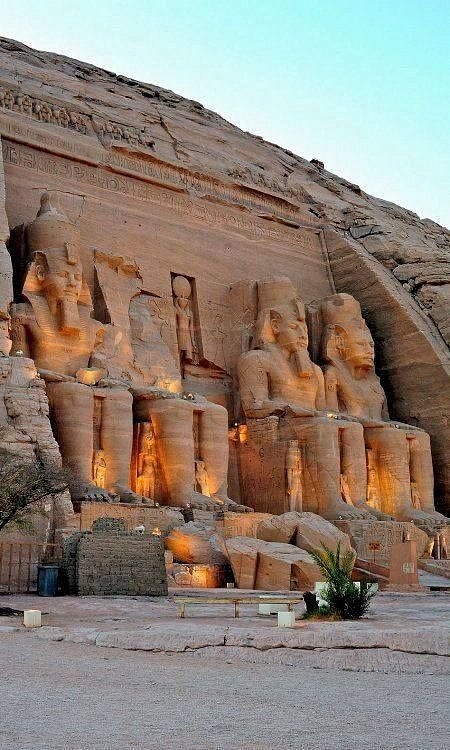Is Egypt in Africa? Debunking the Myth: Egypt is Undoubtedly Located in Africa
Breaking the Stereotype: Egypt's African Heritage Exposed! Explore the Facts and Debunk the Myth

Posted on Fri 7 Jul 2023 · by Certified Africa
Is Egypt in Africa? Debunking the Myth: Egypt is Undoubtedly Located in Africa
Egypt is a country that has always been in the spotlight for its cultural and historical significance. However, despite the clear evidence, there are still debates and confusion about whether Egypt is in Africa or not. In this SEO blog post, we will explore the geographical location of Egypt and provide a definitive answer to this question.
The Geography of Egypt
Egypt is a country located in the northeastern corner of Africa. It is bordered by Libya to the west, Sudan to the south, and Israel and the Gaza Strip to the east. The northern coast of Egypt borders the Mediterranean Sea, while the eastern coast borders the Red Sea. Egypt is the third most populous country in Africa, with a population of over 100 million people.
The Controversy Surrounding Egypt's Location
Despite the clear evidence that Egypt is located in Africa, there are still many people who believe that it is part of the Middle East or even Asia. This misconception is largely due to the fact that Egypt has a unique cultural and political history that sets it apart from other African countries.
Egypt has been shaped by its location at the crossroads of Africa, Asia, and Europe. Over the centuries, it has been ruled by a variety of empires, including the Pharaonic, Greek, Roman, Arab, and Ottoman empires. Each of these empires has left a lasting impact on Egypt's culture and identity, making it a truly unique country that defies easy categorization.
The Importance of Recognizing Egypt's African Identity
It is important to recognize Egypt's African identity for several reasons. First, doing so acknowledges the important contributions that Egypt has made to the continent's history and culture. Egypt was one of the earliest and most advanced civilizations in human history, and its innovations in fields such as architecture, mathematics, and medicine have had a lasting impact on the world.
Additionally, recognizing Egypt's African identity can help to break down harmful stereotypes and prejudices that persist about the continent. Many people still view Africa as a homogenous and backward place, and acknowledging the diversity and complexity of countries like Egypt can help to challenge these misconceptions.
The Future of Egypt in Africa
Egypt's location in Africa has both challenges and opportunities for its future. On the one hand, it is one of the largest and most influential countries on the continent, with a rich cultural heritage and a strategic location at the gateway to the Middle East. On the other hand, it faces a number of pressing social and economic challenges, including high levels of poverty, unemployment, and political instability.
Going forward, it will be important for Egypt to embrace its African identity while also working to address these challenges and build a brighter future for its people. By doing so, it can continue to be a leader in the region and a source of inspiration for people around the world.
Conclusion
In conclusion, it is clear that Egypt is unequivocally located in Africa. Despite the controversy and confusion that surrounds this issue, the geographical and historical evidence is undeniable. Debunking the myth that Egypt is not in Africa is essential to celebrating the country's rich culture and history, while also challenging harmful stereotypes about the continent as a whole. Egypt's location at the crossroads of Africa, Asia, and Europe has given it a unique identity that defies easy categorization, but it is clear that it is an important and influential country in Africa with a bright future ahead.